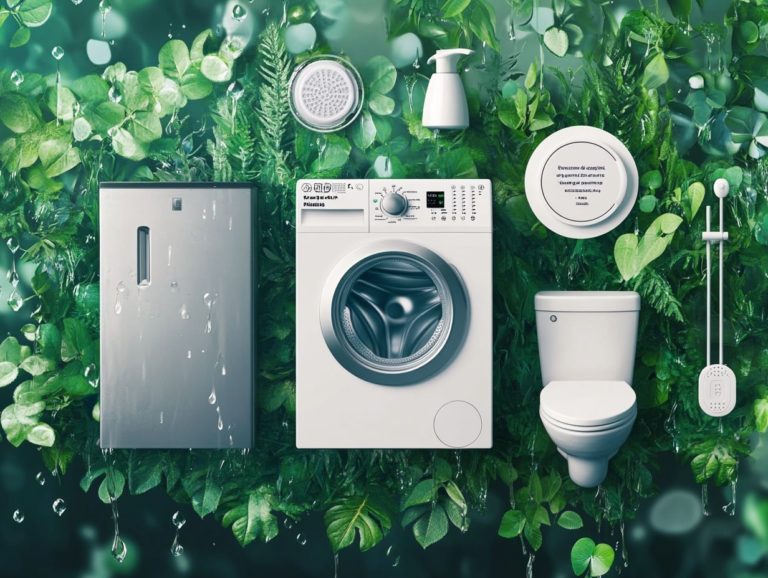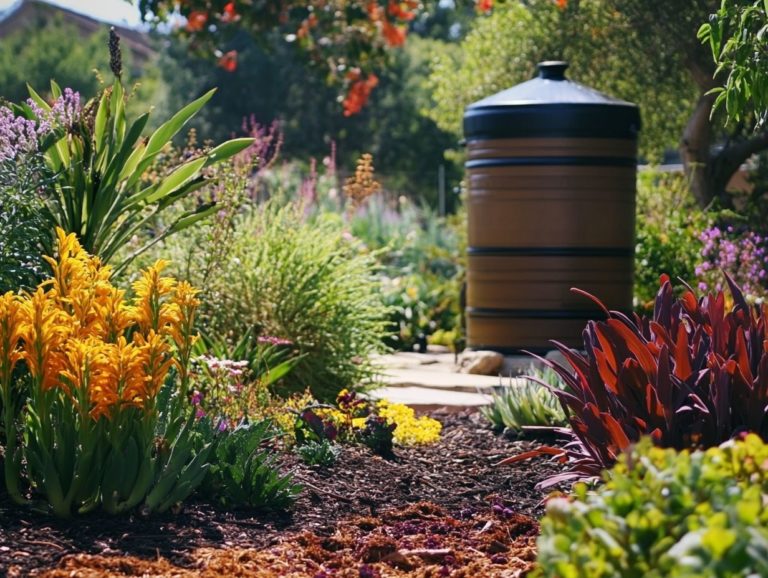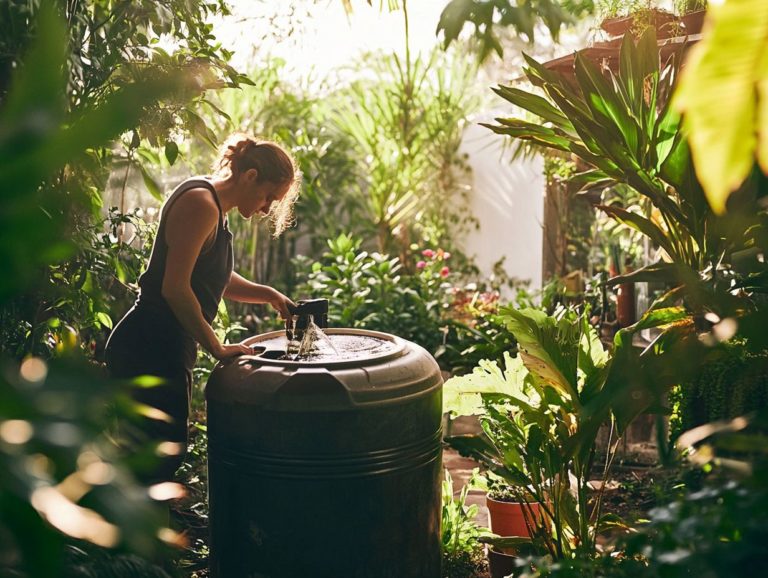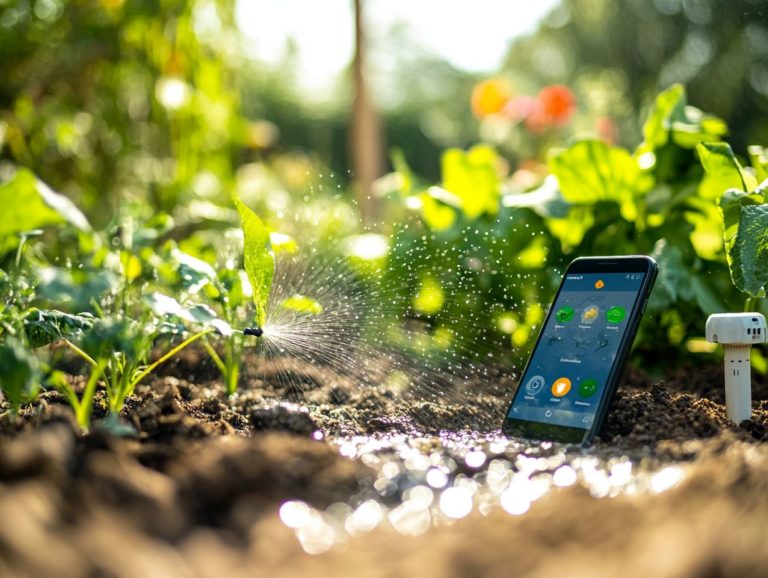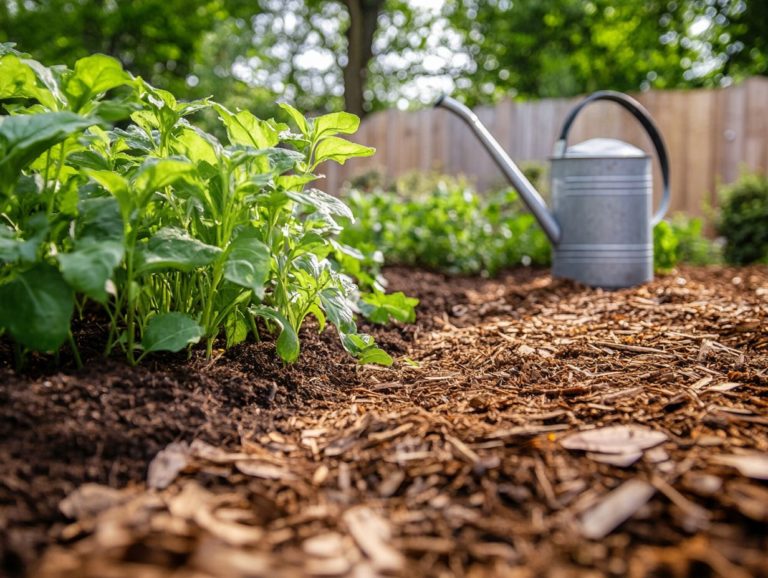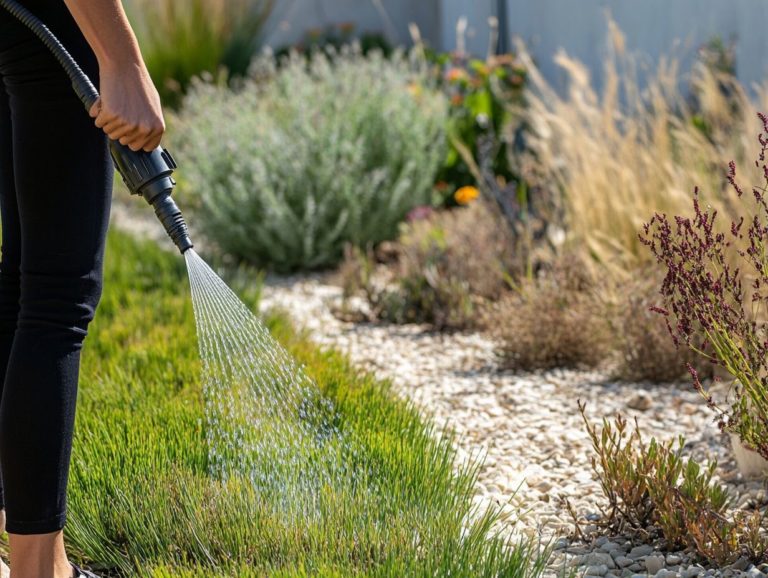How to Educate Kids About Water Conservation
Teaching children about water conservation is essential in nurturing a generation that truly values and safeguards this vital resource.
This article delves into the significance of water conservation, offering insights into age-appropriate ways to initiate the conversation. It also presents engaging teaching methods and activities that captivate young minds.
You’ll discover practical tips for implementing simple yet impactful changes. Along with guidance on how to lead by example in your daily life, these tips will help you empower your children to become responsible stewards of water.
Together, you can instill in them a sense of responsibility that will last a lifetime.
Contents
- Key Takeaways:
- Why Teach Kids About Water Conservation?
- Starting the Conversation
- Teaching Methods and Activities
- Practical Tips for Conserving Water
- Leading by Example
- Frequently Asked Questions
- 1. What is water conservation and why is it important to educate kids about it?
- 2. What are some simple ways to teach kids about water conservation?
- 3. How can I make learning about water conservation fun for kids?
- 4. What are some important lessons to teach kids about water conservation?
- 5. How can I involve my community in educating kids about water conservation?
- 6. What are some resources to help me educate kids about water conservation?
Key Takeaways:
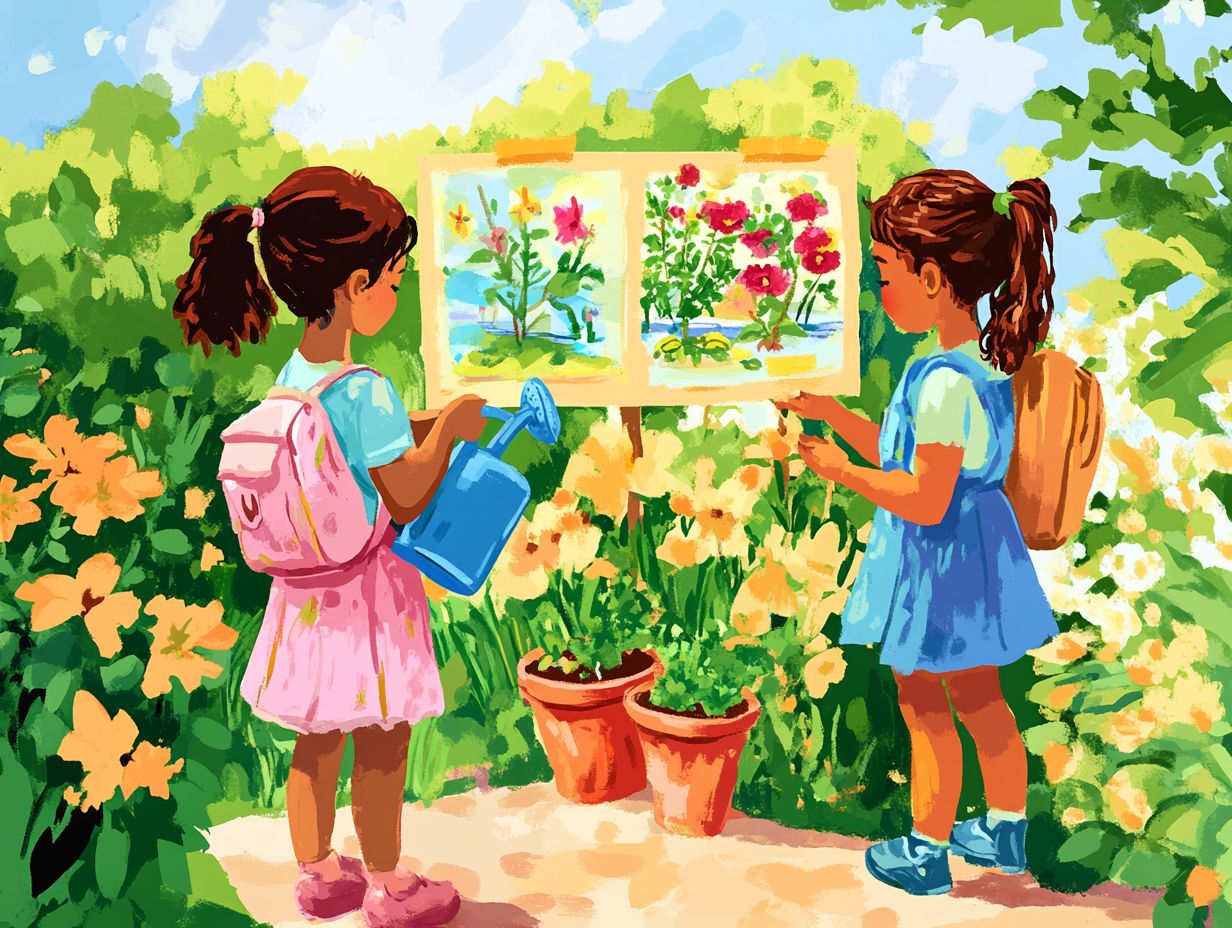
Educating kids about water conservation is crucial for the future of our planet and their own lives. Start the conversation about water conservation early, using age-appropriate approaches to make it fun and engaging for children. You can also explore how to implement a water conservation program at home and incorporate practical tips, leading by example in daily life to instill the importance of conserving water in children.
Why Teach Kids About Water Conservation?
Teaching kids about water conservation is crucial for cultivating a strong sense of responsibility toward the environment. It ensures that future generations grasp the significance of saving water.
By involving children in activities that raise awareness, families can instill eco-friendly habits that seamlessly integrate into their daily lives.
Water conservation is not just a duty; it benefits both the planet and the community.
Importance of Water Conservation
Water conservation is crucial for saving our natural resources. It helps reduce waste and ensures we have enough water during droughts and environmental challenges.
By conserving water, you play a vital role in maintaining the health of our local plants and animals while safeguarding water supplies for future generations.
Your household activities whether cooking, cleaning, or gardening can significantly influence water usage.
- Fixing leaks
- Installing water-saving showerheads and faucets
- Tapping into educational resources on water-saving techniques
Even minor leaks can lead to considerable water loss, straining both local resources and your budget.
You can make a meaningful contribution to a sustainable future by employing straightforward strategies. Every effort counts in minimizing waste and preserving this invaluable resource.
Starting the Conversation
Start talking to your kids about water conservation today it’s crucial for our future!
This dialogue will shape kids’ and families’ habits, nurturing a community ethos centered on sustainability.
Age-Appropriate Approaches
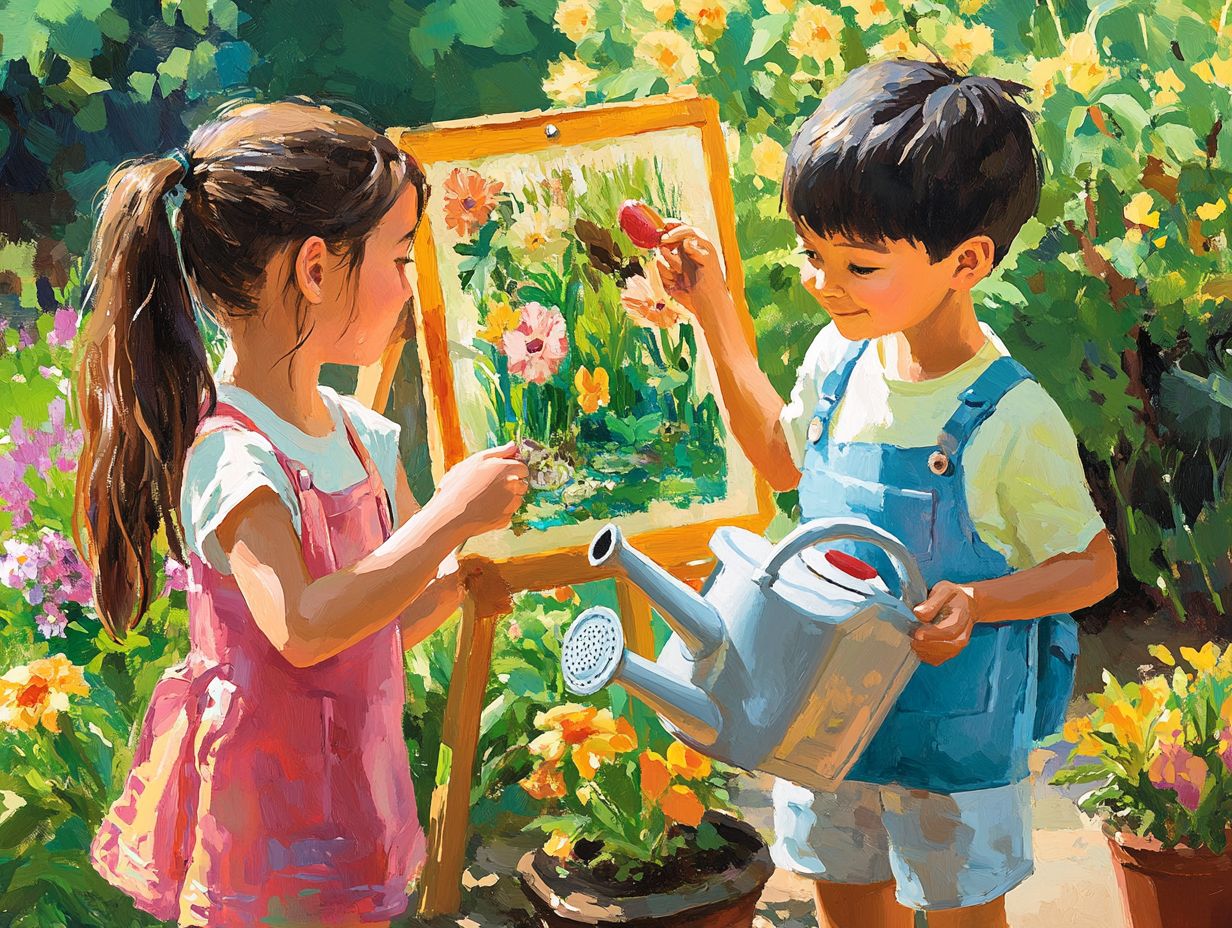
Implementing age-appropriate strategies to teach kids about water conservation can transform learning into enjoyable activities. These activities foster engagement and retention of crucial concepts.
For younger children, consider interactive games like water-themed treasure hunts that spark curiosity while promoting teamwork.
As kids mature, hands-on projects such as creating a rainwater collection system can seamlessly blend creativity with practical knowledge, allowing them to witness the impact of their actions firsthand.
For teenagers, leading engaging discussions around the science of conservation, coupled with community service initiatives like local river clean-ups, can instill a strong sense of responsibility.
Each approach ensures that learners not only understand essential lessons but also feel empowered to make a meaningful difference through water-saving practices.
Teaching Methods and Activities
By employing engaging teaching methods and interactive activities, you can profoundly elevate children’s understanding of water conservation.
This approach transforms the learning experience into something not just informative, but also enjoyable and memorable.
Engaging and Interactive Lessons
Engaging lessons on water conservation help kids learn through play. This transforms complex ideas into fun and relatable experiences.
For example, set up a scavenger hunt that encourages students to discover water-saving devices around their school or home. This fosters a sense of discovery and curiosity.
You can also use interactive quizzes that assess their knowledge and offer instant feedback, reinforcing their learning in real-time.
In community centers, water-themed outdoor activities like building mini rain gardens or organizing relay races with water buckets promote teamwork and deepen their understanding of conservation.
These adaptable lesson plans can be tailored to various environments, ensuring that kids engage with the vital topic of water conservation wherever they are.
Practical Tips for Conserving Water
By implementing practical tips for conserving water in your daily life, you can achieve significant reductions in usage.
This not only contributes to a more sustainable future for the environment but also benefits your community.
Simple Changes for Big Impact
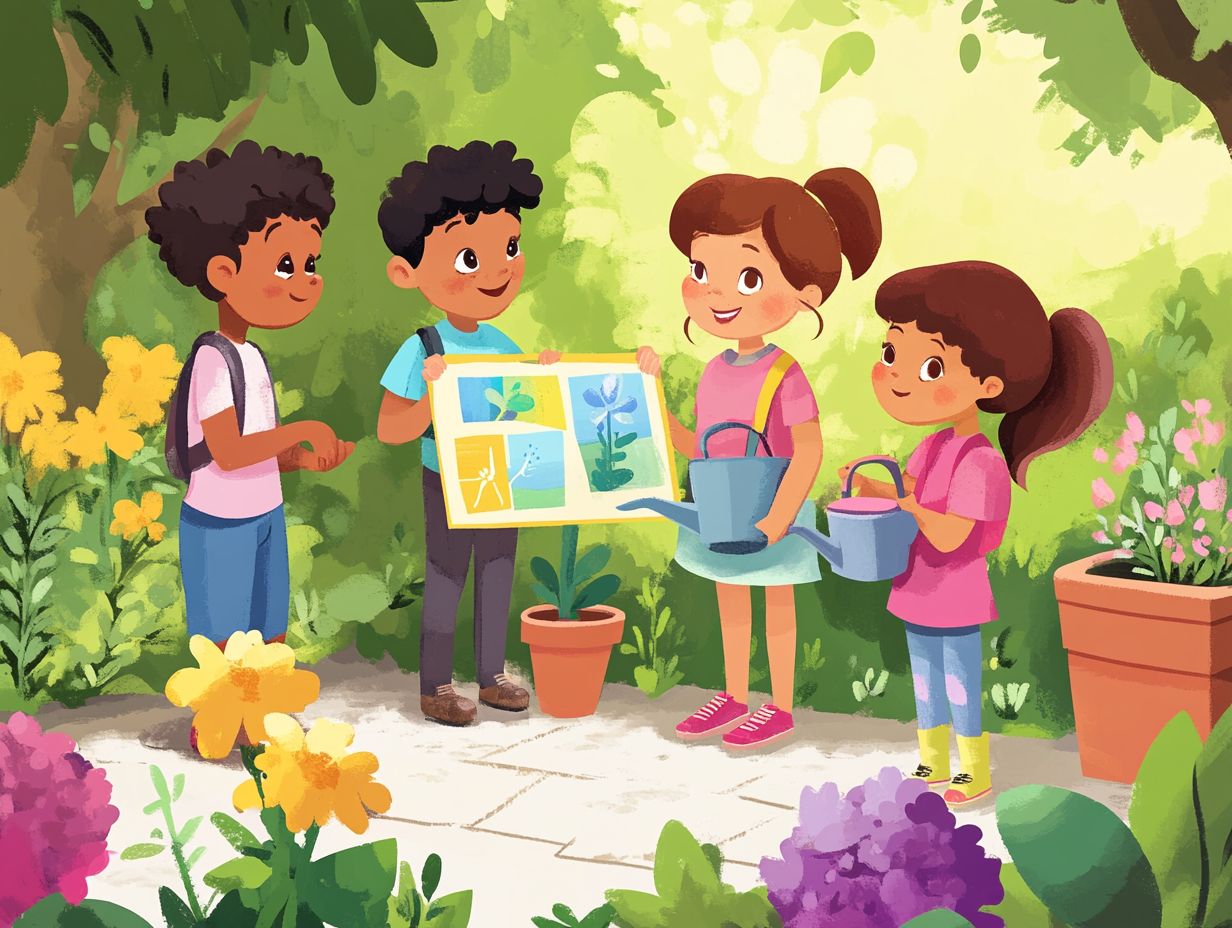
Simple adjustments in your daily water usage can create a substantial impact on conservation efforts, significantly reducing waste.
By adopting practical measures like promptly fixing leaks in faucets and toilets you can save gallons that often go unnoticed. Installing water-efficient showerheads and practicing shorter showers conserves these precious resources and lowers your utility bills.
These small changes can make a big difference! When embraced collectively, they contribute to a more sustainable lifestyle, ensuring future generations have access to clean water.
Your commitment to mindful water usage reinforces the broader goal of environmental preservation. Every drop counts in the fight against water scarcity.
Leading by Example
Leading by example is one of the most effective ways to instill a sense of responsibility toward water conservation in your children.
Incorporating sustainable practices into your daily life teaches them the importance of conserving this vital resource and cultivates habits that can last a lifetime.
Incorporating Water Conservation into Daily Life
Incorporating water conservation into your daily life requires establishing sustainable habits that show a commitment to reducing waste.
These habits can be simple yet impactful, ranging from mindful consumption practices to adopting conservation techniques in your home. For instance, using a broom instead of a hose to clean your driveway or promptly fixing leaks are small actions that yield significant benefits.
Engaging with your community amplifies these efforts. By sharing tips and resources, you foster a collective spirit of sustainability. Encourage your neighbors to participate in water-saving initiatives like rainwater harvesting or creating drought-resistant gardens. Everyone can contribute to a greener planet while learning from each other’s experiences.
Frequently Asked Questions
1. What is water conservation and why is it important to educate kids about it?
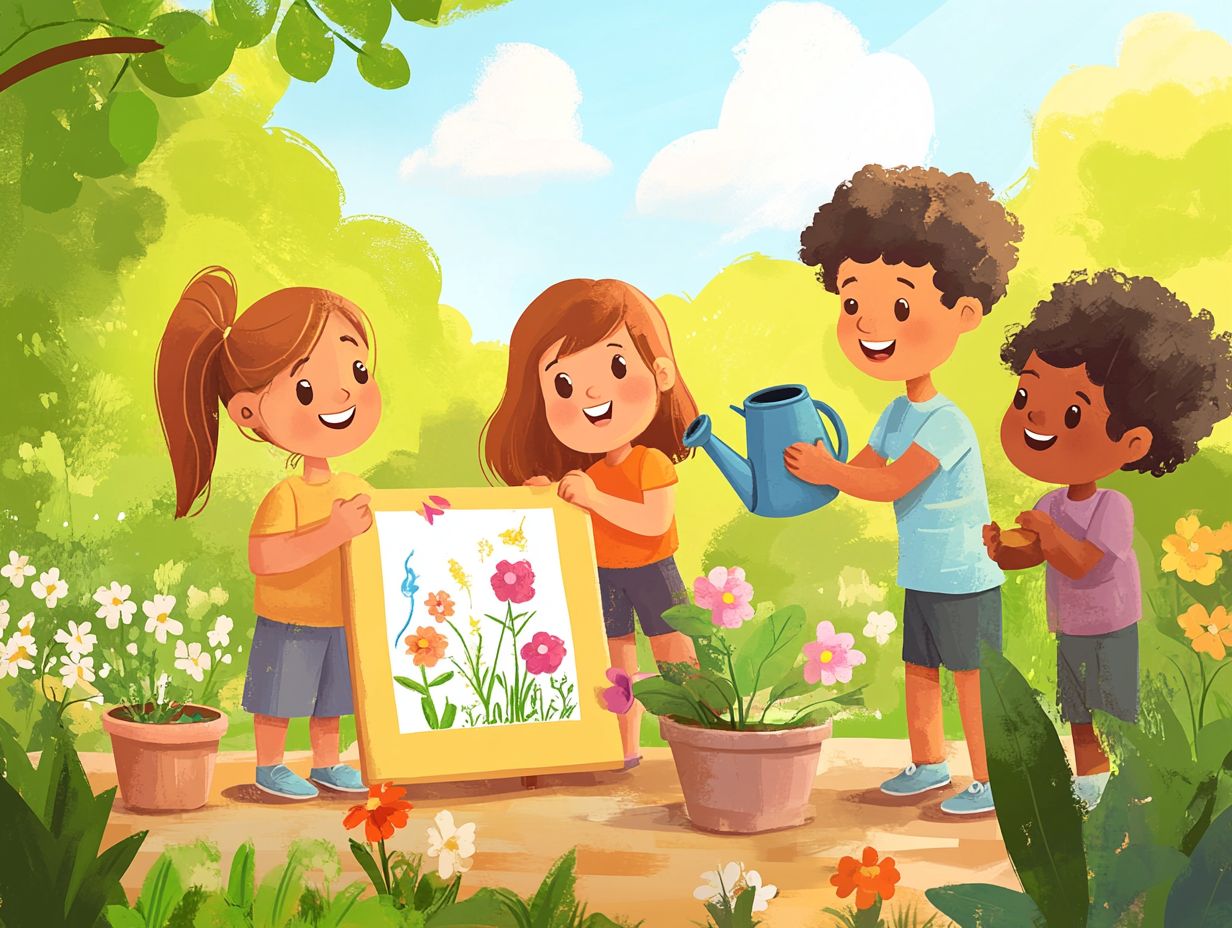
Water conservation is about using water wisely. Educating kids helps them understand the importance of this vital resource for the future, and teaching them how to set up a water conservation plan can empower them to make a difference.
2. What are some simple ways to teach kids about water conservation?
One simple way to teach kids about water conservation is to lead by example. Show them how to turn off the faucet while brushing their teeth or how to fix a leaking tap. Involve them in fun activities, like creating a rainwater harvesting system or making a poster about the best practices for water conservation in schools.
Start implementing these tips today and make a difference in water conservation!
3. How can I make learning about water conservation fun for kids?
Make learning about water conservation exciting with creative activities! Organize a scavenger hunt or a water-saving competition.
4. What are some important lessons to teach kids about water conservation?
Teach kids the value of water and how wasting it affects our planet. Show them simple ways they can save water every day.
5. How can I involve my community in educating kids about water conservation?
Get your community involved by hosting a fun event like a local waterway clean-up. Collaborate with schools to create programs that include parents in the learning process.
6. What are some resources to help me educate kids about water conservation?
Use plenty of resources like educational videos and worksheets available online. Reach out to local environmental groups for materials and support to plan activities.

